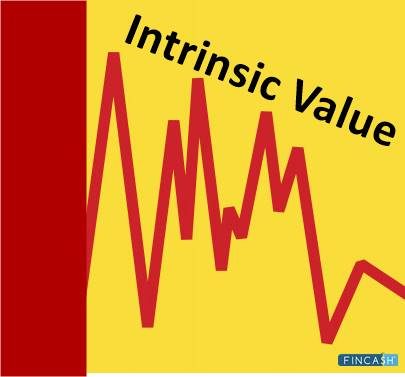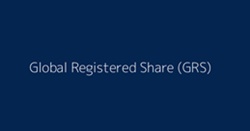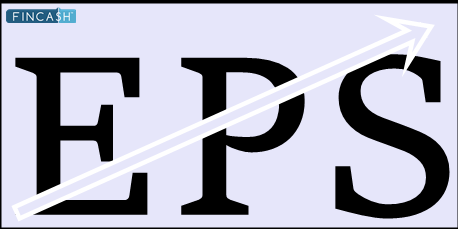A-Shares
What are A-Shares?
A-shares are a type of multi-class Mutual Fund. These shares primarily focus on retail investors. Other retail share classes in a multi-class mutual fund are Class B and C. A-shares don’t have a Bank-end load when fund shares are sold.

These classes share a primary difference that's fee structures. Share classes allow fund companies to focus on various types of investors ranging from individuals to advisors and even institutional.
These mutual fund share classes are put together and managed by the same Portfolio manager. However, the provision of each retail share class is put forth by the mutual fund company. Mutual fund companies set a sales commission fees structure for each class and this is presented in the fund’s prospectus. Each of these share classes has its own operating structure. Distribution fees are part of this structure and are paid to the intermediaries.
Distribution fees are different between various sakes classes and are correlated with sales charges schedule and wanting lower distribution fees on share classes with greater sales charge commissions.
Mutual fund companies may report the net asset value (NAV) and performance returns of each class.
A-class shares will be the most affected by sales charges with less effect on returns from distribution expenses.
Talk to our investment specialist
Fees of Class A-Shares
Class A-shares have front end sales charges that may Range up to approx. 5.75% of an investment when the transactions are done through a full-service broker. The expense ratios of share classes also vary among retail shares. Retail shares are usually higher than an advisor or institutional shares.
All efforts have been made to ensure the information provided here is accurate. However, no guarantees are made regarding correctness of data. Please verify with scheme information document before making any investment.












